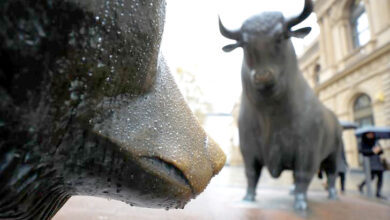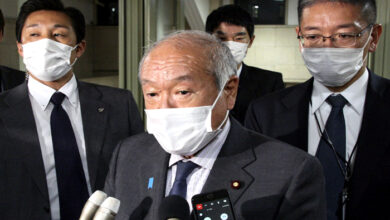Chinese Central Bank injects $24.7 billion of liquidity via repo markets

Tuesday, the People’s Bank of China injures 175 billion Yuan ($24.7 Billion) to the banking system through reverse repo operations. This is in an effort to maintain liquidity.
According to state-run media house Xinhua, the amount was 113 billion yuan in seven-day reverse repos with an interest rate of 2%. Also included were 62 billion Yuan worth of 14-day reverse repos with an interest rate at 2.15%.
Reverse repo or reverse repurchase agreement is when the central bank buys securities from commercial banks in order to maintain their liquidity. They are also sold back by the central bank at a later date.
Related: As the Dollar rally pauses, Chinese Yuan falls and Asia FX suffers losses
According to the PBoC, the move was made in order to maintain liquidity stability in the banking sector after a turbulent third quarter. This is the largest liquidity injection by the PBoC in its efforts to boost slowing economic growth.
The central bank reduced the cost of 14-day reverse repos last week and promised to increase cash injections in the face of higher demand at the quarter’s end.
This was also a continuation of the August decision by the PBoC to reduce key interest rates to support laggard economic growth.
China’s economic activity has dropped sharply this year due to continued disruptions caused by COVID lockdowns. The weakness in the Yuan has made commodity shipments more expensive, and this has impacted heavily on import-dependent sectors.
On Tuesday, data showed that China’s industrial profit fell for the second consecutive month in August.
After falling below the psychologically significant 7 level earlier in the month, the yuan now trades at a more than two-year low. The PBoC is now in a difficult position as it must support economic growth and avoid further currency declines.
Related: The dollar stays strong as the Fed leads a big week for central banks
The PBoC has been able to fix the yuan’s midpoint with a series of strong fixes.





